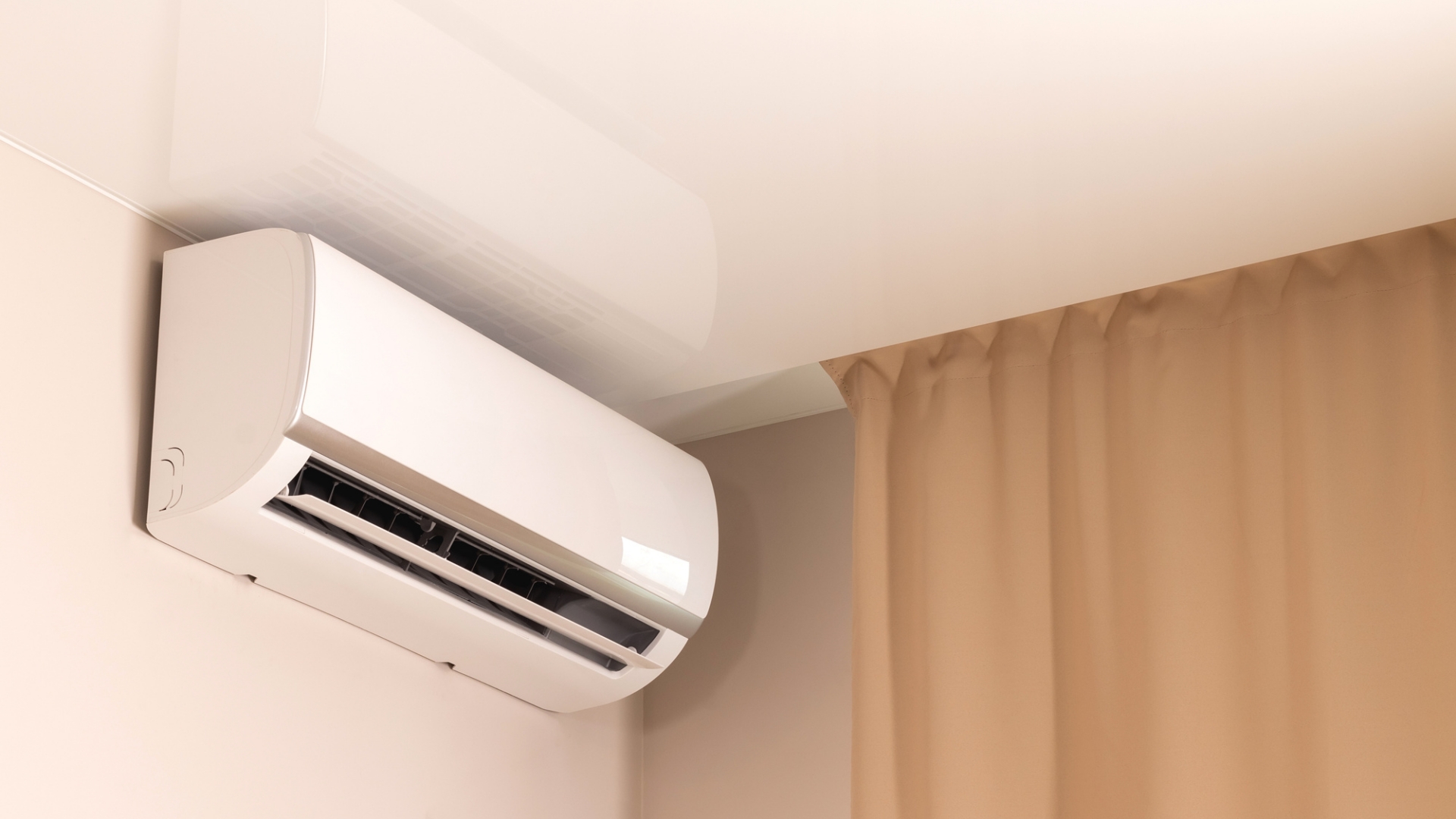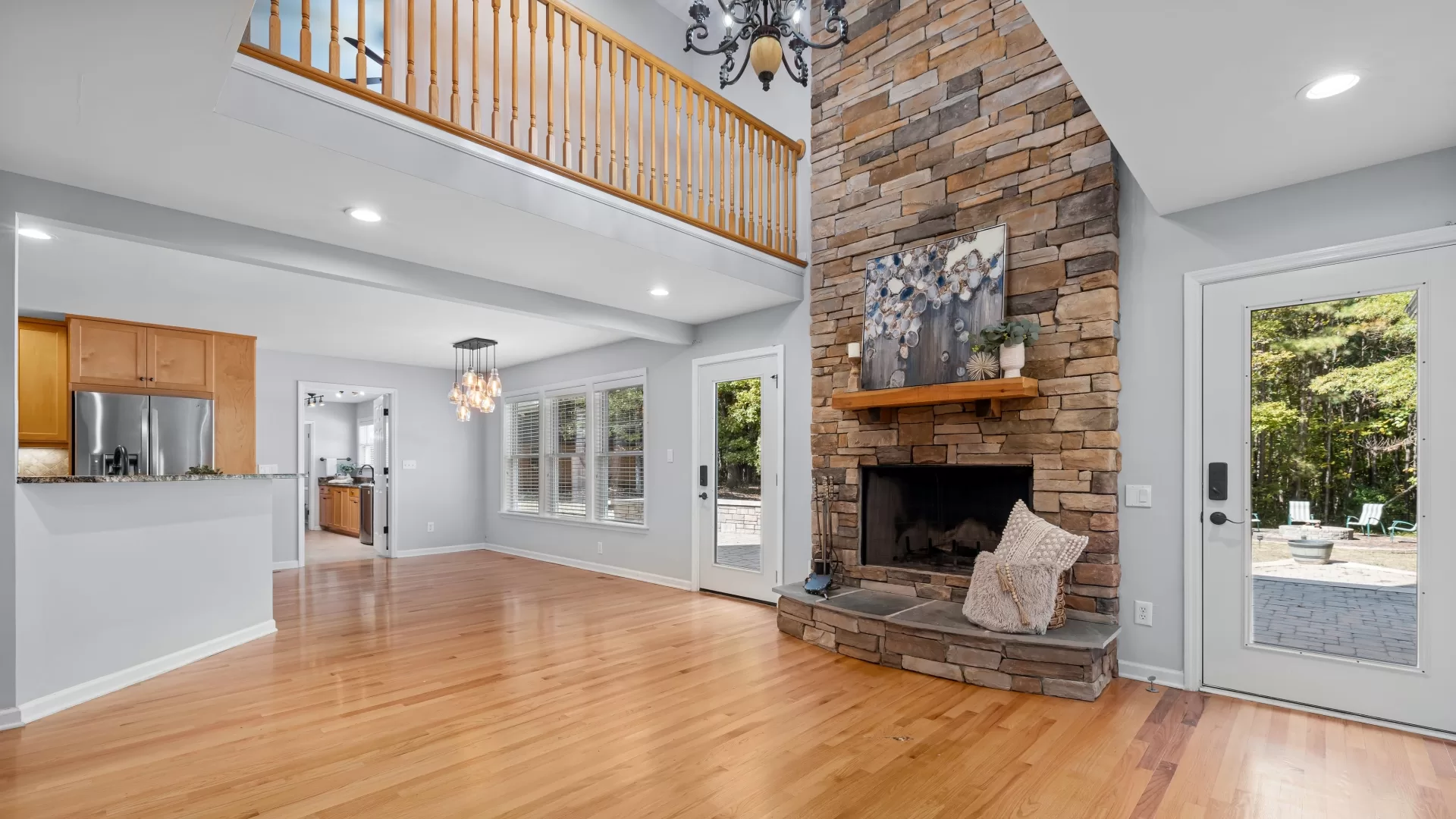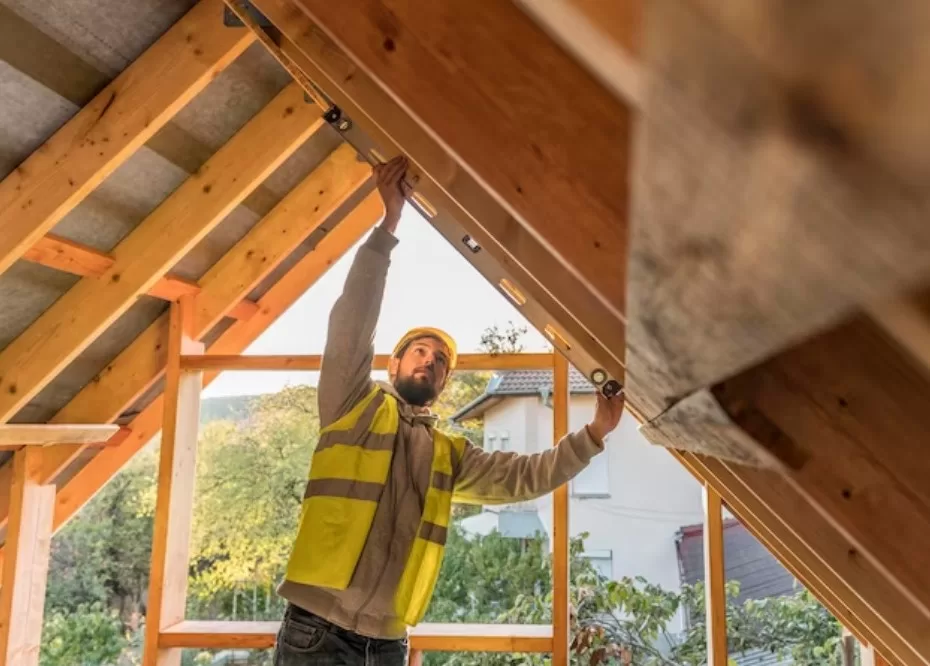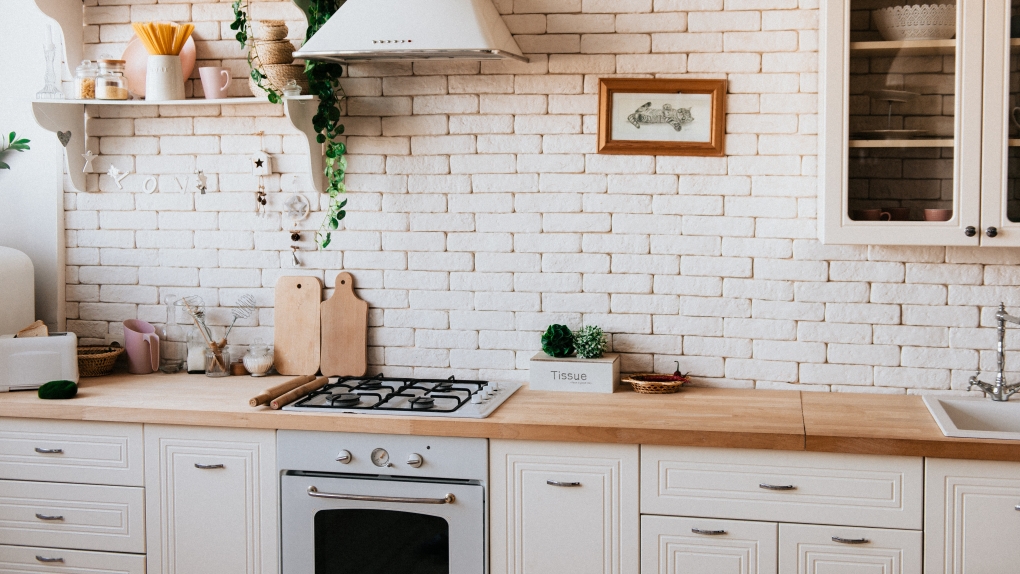Furnaces keep you and your family warm and comfortable in your home. These heating systems use a fuel source to heat air and circulate it throughout your living space.
Contractors often install them in the attic or basement. And like other home appliances, they can be either electric or gas-powered.
Choosing the right furnace for your home is essential because a faulty unit may cause issues, such as inefficient heating and high energy bills. So, if you’re specifically interested in wall heaters, you should understand how a wall heater works to decide which furnace is best for your home.
If you’re ready to shop around but don’t know where to start, here are the things you need to keep in mind:
1. Efficiency
Efficiency is one of the essential factors to consider when looking for a furnace. Remember, a more efficient heating system will use less energy to heat your home, saving you money on your energy bills.
Compared to some appliances, a furnace comes with Annual Fuel Utilization Efficiency (AFUE) ratings that indicate the percentage of fuel converted into heat. The higher the AFUE rating, the more efficient the product is and the less fuel it will consume to heat your home.
Units with a 90% AFUE rating or higher are high-efficiency furnaces. They use less energy than standard efficiency furnaces, which can help you enjoy savings on your energy bills.
High-efficiency furnaces also help protect the environment by reducing greenhouse gas emissions. So, if you’re looking for a unit that will allow you to save money and help protect the environment, then a high-efficiency model is an excellent option.
Another way to check the unit’s efficiency is to look for the Energy Star label. It’s a government-backed label that indicates the furnace meets specific energy efficiency standards. Units with this label are typically more efficient than the ones without.
2. Features
There are other features you should consider when selecting a furnace. Although additional features can affect the unit’s price, they can make your home more comfortable and energy-efficient.
One of the common extra features of a furnace is a programmable thermostat. It enables you to set different temperatures depending on your needs. It also helps you save energy by only heating or cooling your home whenever necessary.
If you’re considering additional features, weigh the extra cost and the benefits they will provide. If you’re unsure about such features, talk to a qualified professional to help you assess your needs. They can also enlighten you about how long a furnace lasts, allowing you to make wiser decisions when shopping around.
3. Cost
The cost of furnaces may vary depending on the size, fuel type, efficiency, and features. Gas-powered versions are typically more expensive than electric ones. The same applies to high-efficiency units.
If you’re on a budget, you may want to consider a used furnace. However, work with a qualified HVAC contractor to inspect it before you purchase. The contractor can help you evaluate the furnace’s condition and ensure it’s safe to operate.
Another way to determine the cost is to get quotes from several HVAC contractors. Doing so will give you an idea about the best possible price for a quality furnace.

4. Fuel Type
There are two main types of furnaces: gas and electric. Gas furnaces use natural gas to heat air, while electric models heat air with electricity.
Gas units are more efficient than electric ones. It means that they use less energy to heat your home. They are also less expensive to operate than electric-powered units. It’s because natural gas is typically less costly than electricity. However, the upfront cost of a gas furnace is higher than their electric versions.
The best type of furnace for you will depend on your needs and circumstances. If you prefer an efficient unit, then a gas furnace is the best option. But an electric model may be better if you want an affordable furnace.
5. Size
The ideal furnace size for your home depends on its square footage. A load calculation is typically used to determine the heat required by a property. The calculation will take into account some factors, such as:
- Your home’s insulation and age
- The climate in your area
- Number of people in the household
Once you have the load calculation results, you can use them to determine the correct size furnace for your home. Be sure to pick an appropriately sized furnace to avoid any inconvenience. A too-small furnace may not provide sufficient warmth, while a too-large unit will consume unnecessary energy.
Conclusion
Choosing the right furnace is crucial to maintaining a comfortable temperature in your home during the coldest months. Considering the factors in this article, you can select a furnace that will meet your unique needs and budget. If you’re still confused by the available options, contact a reliable contractor who can provide suggestions and guidance throughout the selection process.











